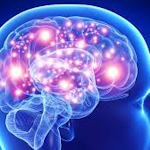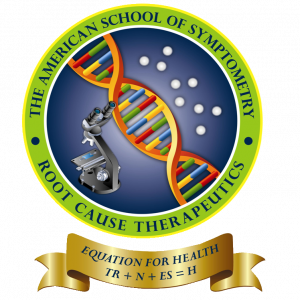
Dr. Maxwell Nartey
Professor of Symptometric Science, American School of Symptometry, NFP
World Center for Cell Education and Scientific Enlightenment
Examples of people who are still alive continue to confirm that cancer does not kill a person because people who are diagnosed with cancer are not dead. They are still alive. It is the treatment that promotes cell, blood, and DNA neglect that kills them.
The question is, at what point will people with cancer die? The same can be said of people suffering from diabetes, Alzheimer’s disease, Parkinson’s disease, dementia, multiple sclerosis, thyroid disorders, heart disease, chronic kidney disease, etc.
Dying is not the issue. The issue is longevity with or without a disease. Some people are in their eighth year in home hospice, exceeding their physicians’ expectations. Is this a miracle? No, it is not. Pharmaceutical drugs were their problem. So, what did they do? They told their physicians to stop writing prescriptions for them. This time, they gave the orders, and physicians obeyed. Call it the reverse, and you will not be wrong.
President Jimmy Carter, who recently celebrated his 100th birthday, has been in a home hospice for more than a year, suffering from inoperable cancer. His oncologists gave him a few months to live. He continues to shock them. Pharmaceuticals are the problem.
Here are a few facts to remember, especially for those who want to know more.
To continue to live with a disease or several diseases, it is recommended that the person meets the following requirements:
- Ensure maximal brain circulation by ionizing calcifications and removing sludge
- Resolve all throat, heart, kidney, stomach, liver, gallbladder, colon, and lung or respiratory concerns early and never forget to maintain this routine
- Do not stop assisting your pituitary gland in producing growth hormone and your pancreas in producing insulin. Our cells do not use what they do not produce.
- Never stop producing and activating your respiratory enzymes, allosteric poison binders, allosteric halogen destroyers, and GTH transferase enzymes for your liver. Substitutes are not welcome.
- Limit your intake of pharmaceutical drugs or herbs to the barest minimum or avoid them, especially if you patronize Symptometry and are a student of Symptometric Science.
- Give your body the eight electrolytes daily and drink a cup of electrolyte-rich hot water thrice daily.
- Take your mind off problems you cannot solve, and do your best to solve those you can solve.
- Give your body enough rest, and don’t abuse it with intense energy-zapping exercises.
These eight measures strengthen the cerebellum, which houses the cardiac, vasomotor, and respiratory centers. They also allow the positive force to coexist harmoniously with the negative force in your body, as they do in plants, allowing them to live for thousands of years in a toxic and radioactivity-dominated environment.
A person who routinely removes calcifications from their body has a better chance of living longer than someone who does not. Pharmaceutical drugs do not remove calcifications, and so do herbs. They rather add more calcifications to the body.
© Copyright 2024, The American School of Symptometry, NFP. No part of this publication may be reproduced or transmitted in any form or by any means, electronic or mechanical, including photocopying, recording, or by any information storage and retrieval system without the written permission of The American School of Symptometry, NFP. Library of Congress copyright number Txu 1-621-370, Washington D.C.


 Previous Post
Previous Post Next Post
Next Post